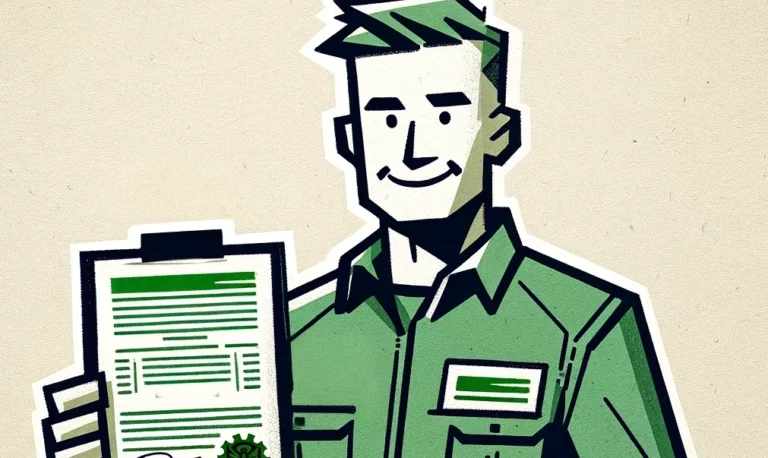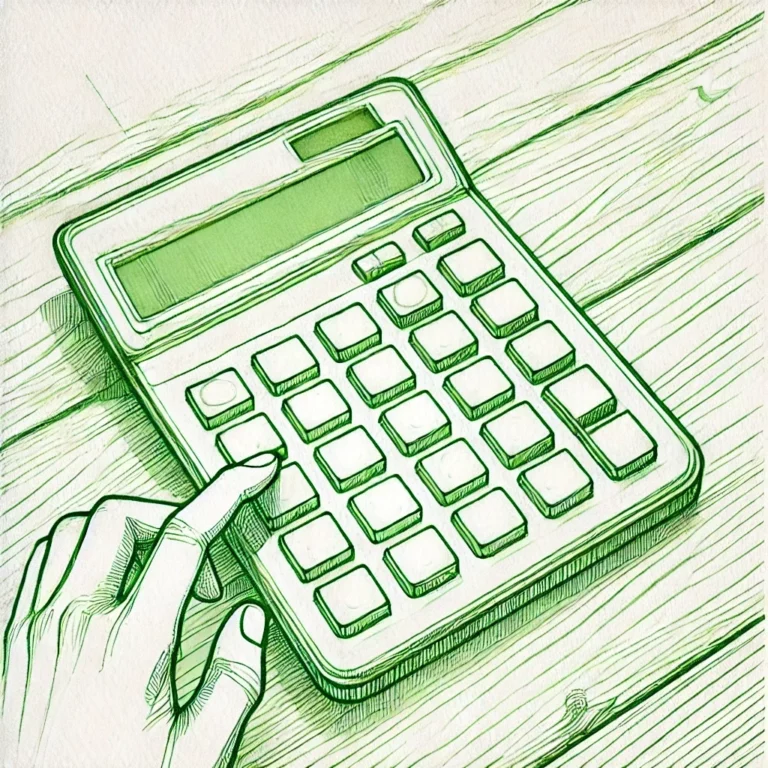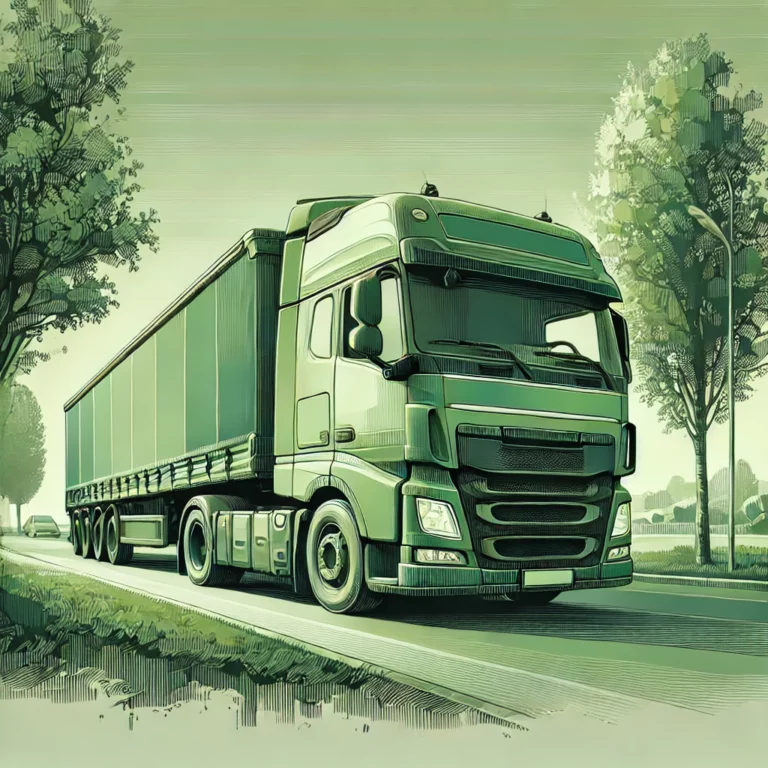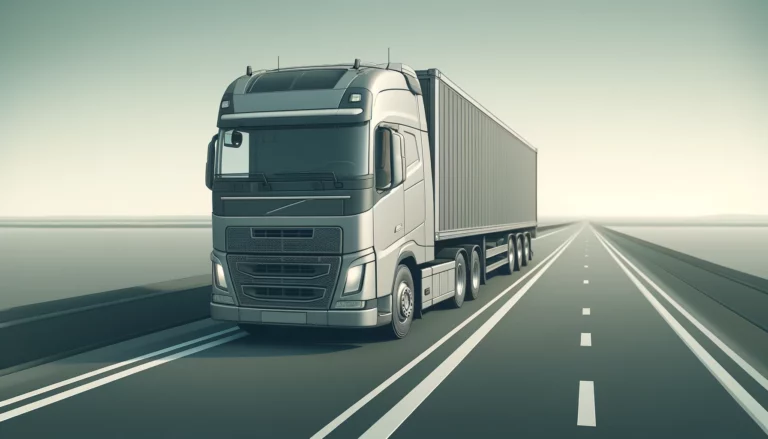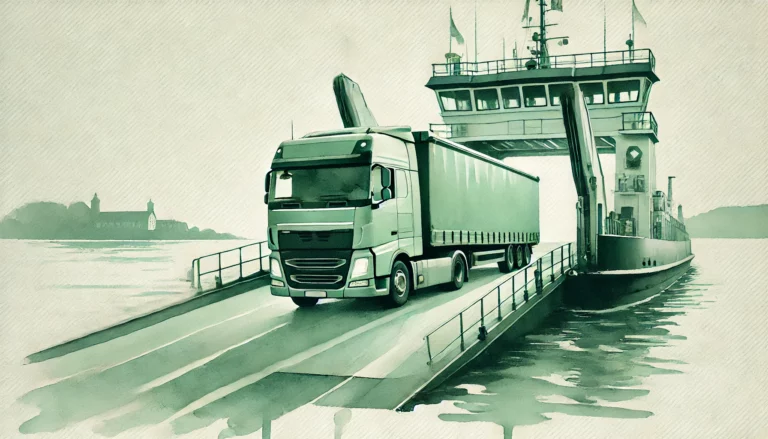Waste collection permit - how to get one?
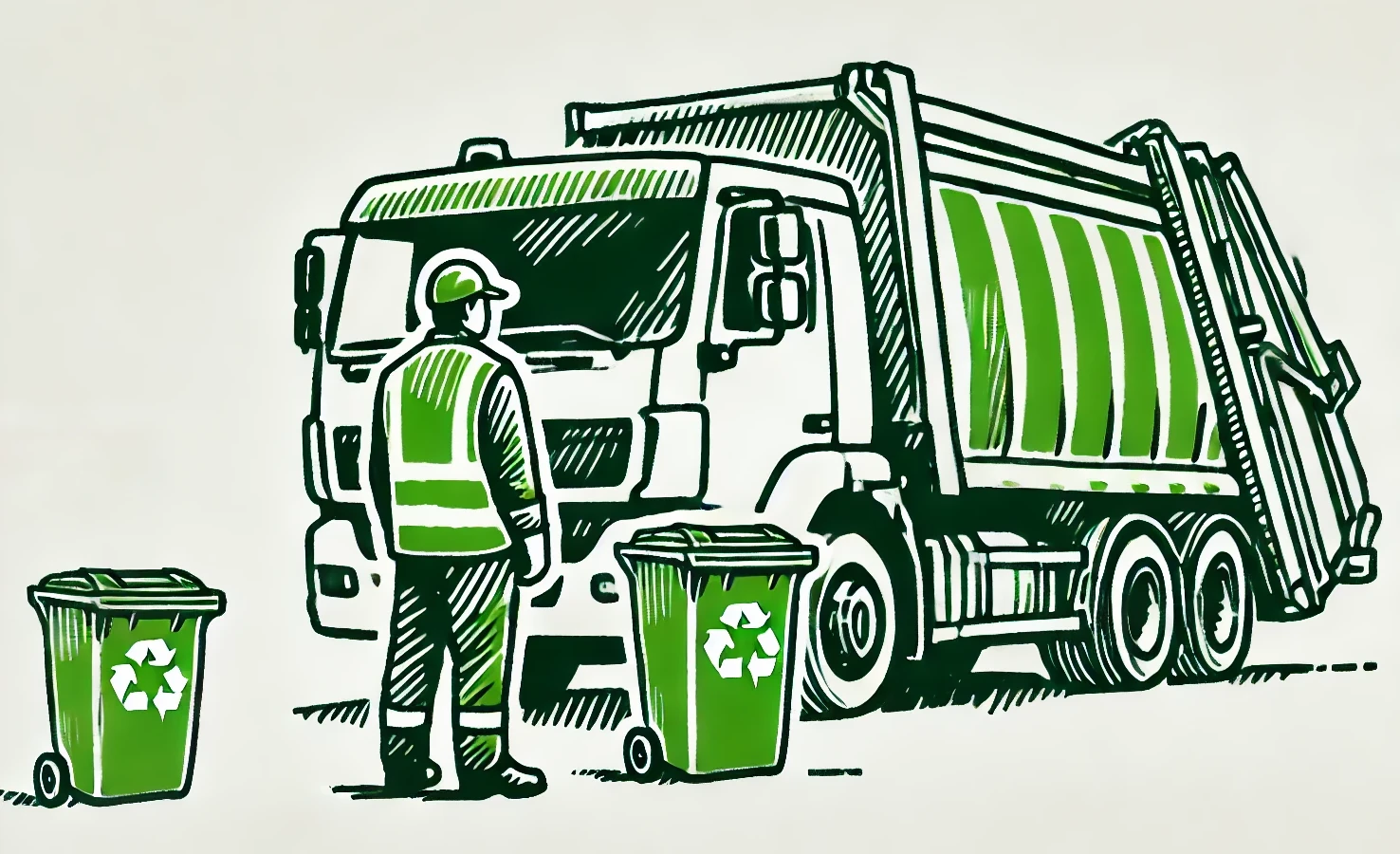
Like any activity related to waste management in Poland, waste collection also requires a permit. Is it possible to obtain it through BDO? What should be taken into account when applying for such an authorisation? Check in our article.
Need help obtaining a waste collection permit? Contact us
e.nadolna@ekologistyka24.pl , +48 881 045 376
j.blazewicz@ekologistyka24.pl , +48 500 867 153
Waste collection permit - legal basis
In Poland, waste management is mainly regulated by the Law of 14 December 2012 on waste. It sets out the rules for handling waste, including the requirements for collection and the conditions for obtaining a permit for such activities. In addition, Act of 13 September 1996. The Act on Maintaining Cleanliness and Order in Municipalities imposes an obligation on municipalities to organise a municipal waste management system and defines the obligations of waste collectors.
In addition, implementing regulations, such as the decrees of the Minister of Climate and Environment, specify detailed requirements for waste collection and treatment. It is also worth noting EU directives that affect national waste management regulations by introducing uniform standards and targets for Member States.
Waste collection and resulting obligations
Waste collectors in Poland have a number of obligations that they must fulfil in order to operate in accordance with the law. They should start by obtaining a waste collection permit, which is issued by a competent public administration authority. What information or documents will they need before applying?
Waste collection permit - information needed to collect
- Tax identification number (TIN) of the waste holder.
- Specification of the types of waste to be collected.
- Signage of the waste collection site.
- Information on waste storage, including:
- Location and method of storage and type of waste stored.
- The maximum weight of each type of waste and the total weight of all waste that can be stored simultaneously and during the year.
- The largest mass of waste that can be stored at any one time in an installation, building or other storage area, according to its dimensions.
- The total capacity (expressed in Mg) of the installation, facility or other waste storage site.
- Detailed description of the waste collection method(s) used.
- Demonstrate the technical and organisational capacity to ensure that the collection activity is carried out properly, taking into account the qualifications of the personnel and the facilities and equipment in place that meet environmental requirements.
- Indication of the expected duration of the waste collection activity.
- Description of monitoring and control activities for the activities covered by the permit.
- A description of the actions planned in the event of termination of the activity, including how the site on which the activity was carried out will be secured.
- Proposed form and amount of security for claims, in accordance with Article 48a of the Waste Act.
Statements
- Confirmation that in the last 10 years no final decision on revocation of a waste collection or processing permit has been issued against the waste holder, nor has an administrative fine exceeding a total of PLN 150,000 been imposed at least three times.
- Confirmation that the waste holder's partners, proxies, members of the management or supervisory board have not been involved with entities which have been subject to permit revocation decisions or fines exceeding PLN 150,000 in the last 10 years.
- A fire protection operative, specifying the fire protection conditions of the installation, facility or other waste storage area. This operative must be drawn up by an authorised person:
- Fire protection expert - if the authority issuing the permit is the provincial marshal or the regional director for environmental protection.
- A person with a degree in fire engineering or a graduate of the School of Fire Service in the field of fire safety engineering - if the district governor is the licensing authority.
- Note: A fire safety operation is not required if the activity only concerns non-flammable waste or establishments posing a major industrial accident hazard.
Other documents:
- Decision of the district (city) fire chief of the State Fire Service, agreeing on the fire protection conditions for the waste storage site.
- Environmental decision, if required by law.
- A zoning and development decision, in the absence of a local development plan, if required.
- Document confirming the legal title to the property on which the waste will be stored (e.g. title deed, lease agreement).
- Proof of payment of stamp duty for the issue of a waste collection permit.
The entrepreneur should then apply to the marshal of the province concerned for registration in the BDO Database. This will make it possible to monitor and control the flow of waste in the country. In addition, the waste collector must keep records of waste and submit annual reports to the relevant authorities.
Waste collection permit - common mistakes made
When applying for a waste collection permit, applicants often make mistakes that can delay or completely prevent them from obtaining a permit. Here are the most common of these:
- Incompleteness of the application - lack of required attachments such as a fire safety report, environmental decision or technical documentation.
- Misidentification of waste codes - giving codes that are not in line with the actual activity or not including all types of waste to be collected.
- Failure to comply with the local development plan - choosing a location where waste collection is prohibited or requires additional consents.
- Lack of or inadequate security for claims - non-compliant financial security that does not meet the requirements of the decision-making authority.
- Incorrectly prepared fire operative - missing required elements or not meeting fire standards.
- Incorrect marking of the waste collection area - lack of appropriate signage and safeguards against environmental emissions.
- Failure to register with BDO - operating without registration in the Product and Packaging and Waste Management Database.
- Non-compliance with environmental standards - no action plan to minimise the environmental impact of the activity or violation of noise, odour or emission standards.
- Ill-considered waste storage - lack of proper containers, leachate collection system or measures to prevent waste from entering the soil and groundwater.
- Incorrect stamp duty - incorrectly charged or missing fees, resulting in the need to reapply.
- Submitting the application to the wrong authority - misidentification of the institution responsible for issuing the decision, e.g. sending the documents to the starost instead of the marshal of the province.
- Failure to update documentation during the verification process - failure to provide additional information requested by the administrative authority, leading to a refusal to issue a permit.
- Ignoring deadlines - failure to submit additions within the time limit resulting in the procedure being prolonged or terminated without a positive decision.
To avoid these mistakes, it is advisable to read the legal requirements carefully and to consult waste management experts before submitting an application.
Waste collection in 2025
As of 1 January 2025, new regulations on waste segregation come into force in Poland, in line with European Union requirements. This amendment introduces the mandatory separate collection of textile waste, such as clothing, footwear and household textiles. The aim of these changes is to increase the recycling rate of textiles and reduce the amount of waste going to landfill.
Waste collectors will have to adapt to the new requirements, but this may involve obtaining additional permits or modifying existing ones. It is also important to properly prepare the infrastructure for receiving and storing textile waste. It is also important to run campaigns to educate residents on the correct segregation of this waste. Failure to comply with the new regulations could result in sanctions and loss of public confidence. If you need help in dealing with the formalities, contact us.


